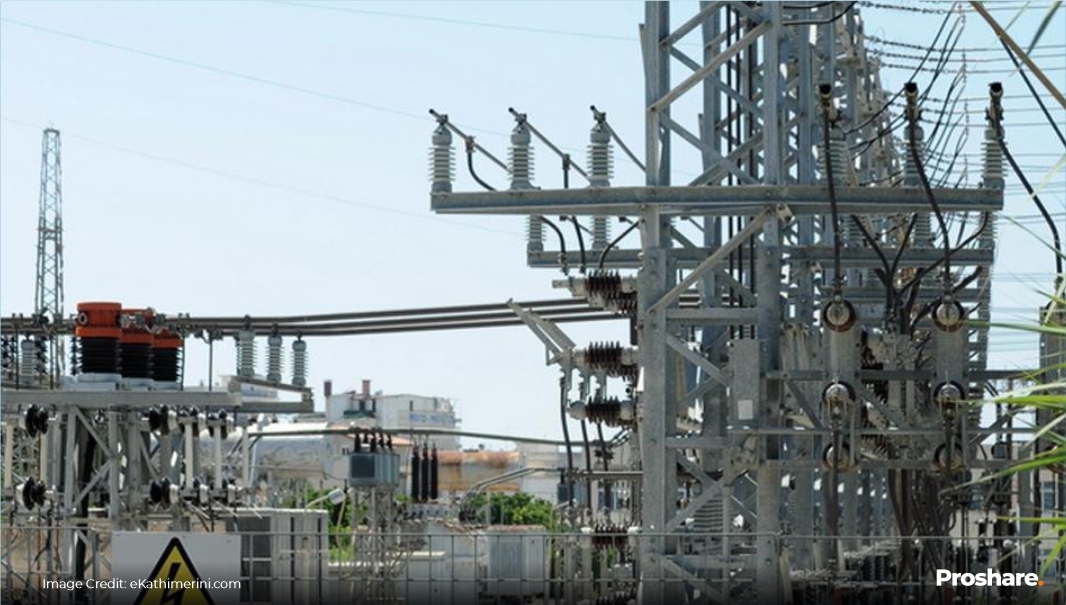The naira has continued to decline as the dollar’s shortage gets worse and started trading at 1,175/$ and ended the day at 1,190/$ in the parallel market.
The Punch reported that the naira had previously traded at 1,100/$ on the black market two weeks earlier.
According to data received from the FMDQ, it sold at 808.28/$ at the close of trading on Friday, down from 810.05/$ on Thursday. However, it increased somewhat on the Investor & Exporter FX window.
According to certain Bureau de Change employees said there was a shortage of dollars because many did not have foreign currency to sell to consumers.
A BDC operator, Jubril Mutiu, stated that, “On Friday, the price was $1,175, but we don’t even have it. It is not accessible at the moment.”
A different BDC operator, Adamu Afeez, said, “We are looking for those to sell to us, but at this time, we do not have the dollar to buy. Without one, we are unable to sell.”
Another BDC operator, Ibrahim Abu, stated: “On Friday, we sold for 1,175/$ from the morning till the afternoon. It was already selling for 1,190 by two o’clock. It has changed really fast. I have no idea what the rate will be on Monday.”
The naira continued to depreciate following the CBN’s directive to the lending institutions to permit the free flow of the country’s exchange rate in June.
The naira traded at 471.67/$ on the FMDQ’s official market before to floating, and at 765/$ on the black market in June.
According to the President of the Association of Bureaux De Change Operators of Nigeria, Dr. Aminu Gwadabe, for Nigeria to have a stable, robust, and fertile exchange rate, BDCs must fully participate in the retail sector of the foreign currency market.
He claimed that everyone needed to work together to overcome the obstacles the country’s forex market and the weakening of the naira faced.
He claimed that because the BDCs had a license to participate in the retail side of the forex market, they ought to be actively involved in finding long-term solutions to the continued exchange rate volatility.
The market’s illiquidity, according to Gwadabe, continues to be a major problem for the BDC industry. This is true for every other market category as well.
He claimed that in addition to the market’s lack of liquidity, ABCON was also dissatisfied with the unregistered FX traders who were the focus of speculative operations and contributed to the sector’s bad reputation.









